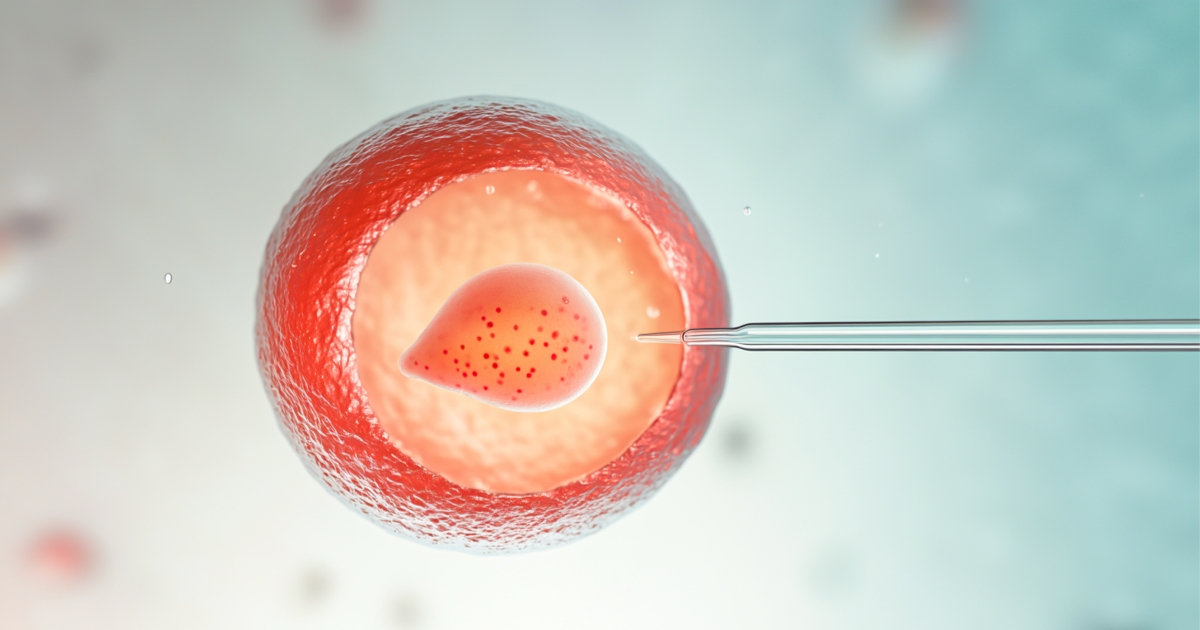Which Factors Determine Pregnancy Success in IVF?
The most important factor influencing IVF success is the woman’s age. Pregnancy rates are highest in women under 35. Acceptable success continues between ages 35–38, but begins to decline from 38–40, and significantly drops after 42.
The number of embryos transferred also matters. Pregnancy rates average around 28% with a single embryo transfer and increase to 45% with two embryos. However, to avoid the risk of multiple pregnancies, single embryo transfer is recommended. In such cases, frozen embryo transfers can help improve pregnancy rates. Recently at our clinic, frozen transfers have achieved pregnancy rates of up to 70%.
Severe male factor infertility (such as poor sperm morphology or azoospermia) may also reduce the chance of success.
How Many Times Can IVF Be Attempted?
There is no strict limit on the number of IVF attempts. However, with each unsuccessful cycle, the probability of pregnancy tends to decrease. Nevertheless, at Arda Lembet’s clinic, successful pregnancies have occurred even after the eighth or tenth attempt.
What Should I Be Careful About After Embryo Transfer?
Post-transfer activities like walking, traveling, or coughing do not negatively affect the outcome. What truly matters is following the prescribed medication regimen consistently. In cases of ovarian hyperstimulation, rest may be advised.
Are There Differences Between Ovulation-Stimulating Medications?
Some medications are derived from urine; others are synthetically produced. Both are effective. Choice depends on cost, ease of use, and physician preference.
Is the Long Protocol or Short Protocol Better?
Recently, the short protocol (antagonist protocol) has become more popular. It shortens the treatment period and requires fewer monitoring visits. There is no difference in live birth rates compared to the long protocol.
Is Ultrasound Enough, or Are Hormone Tests Necessary?
In most cases, ultrasound is sufficient for monitoring. However, hormone testing is also done if there is accelerated or delayed follicular growth or inadequate endometrial thickening.
Does IVF Increase the Risk of Miscarriage?
Miscarriage risk is generally linked to underlying infertility issues rather than the IVF procedure itself. The risk is slightly higher than in natural pregnancies.
Is Vaginal Bleeding Normal in IVF Pregnancies?
Bleeding is never considered “normal” in pregnancy, but spotting is common in IVF cases and not always a sign of a problem. Always consult your doctor if you experience bleeding.
Are There Efficacy Differences Between Progesterone Medications?
There is no significant difference in pregnancy outcomes between vaginal progesterone and intramuscular injections. Vaginal use is more comfortable, but if local side effects occur, injections can be used.
How Long Should Progesterone Be Used?
Scientifically, there is no benefit to continuing progesterone after a positive pregnancy test. However, many clinics continue until the 12th week. In our clinic, we continue until the fetal heartbeat is confirmed.
Are Aspirin or Heparin Used After Embryo Transfer?
Aspirin is not beneficial. Heparin injections may help in cases of repeated implantation failure and are continued until the 12th week if pregnancy occurs.
Can We Get Pregnant With Frozen Embryos?
Yes. Frozen embryos have a 70–80% survival rate after thawing and 50–70% pregnancy success rates. Babies born from frozen embryos are healthy.
Should I Follow a Special Diet Before IVF?
Yes. A Mediterranean-style diet—rich in vegetables, fish, legumes, and olive oil—may enhance IVF success, especially due to high folic acid and vitamin B6 content.
Is Weight Loss Necessary Before IVF?
While not mandatory, weight loss can reduce medication needs, lower miscarriage and gestational diabetes risks, and is always beneficial for overall health.
Can I Have Sex After Embryo Transfer?
Sex does not interfere with embryo implantation. However, due to ovarian enlargement, vaginal medications, or bleeding, it may cause discomfort.
Should Embryos Be Transferred on Day 5?
Day 5 (blastocyst) transfer is not suitable for every patient. It is preferred for those with a high egg count and good-quality embryos. Otherwise, day 2 or day 3 transfer may be more appropriate.

